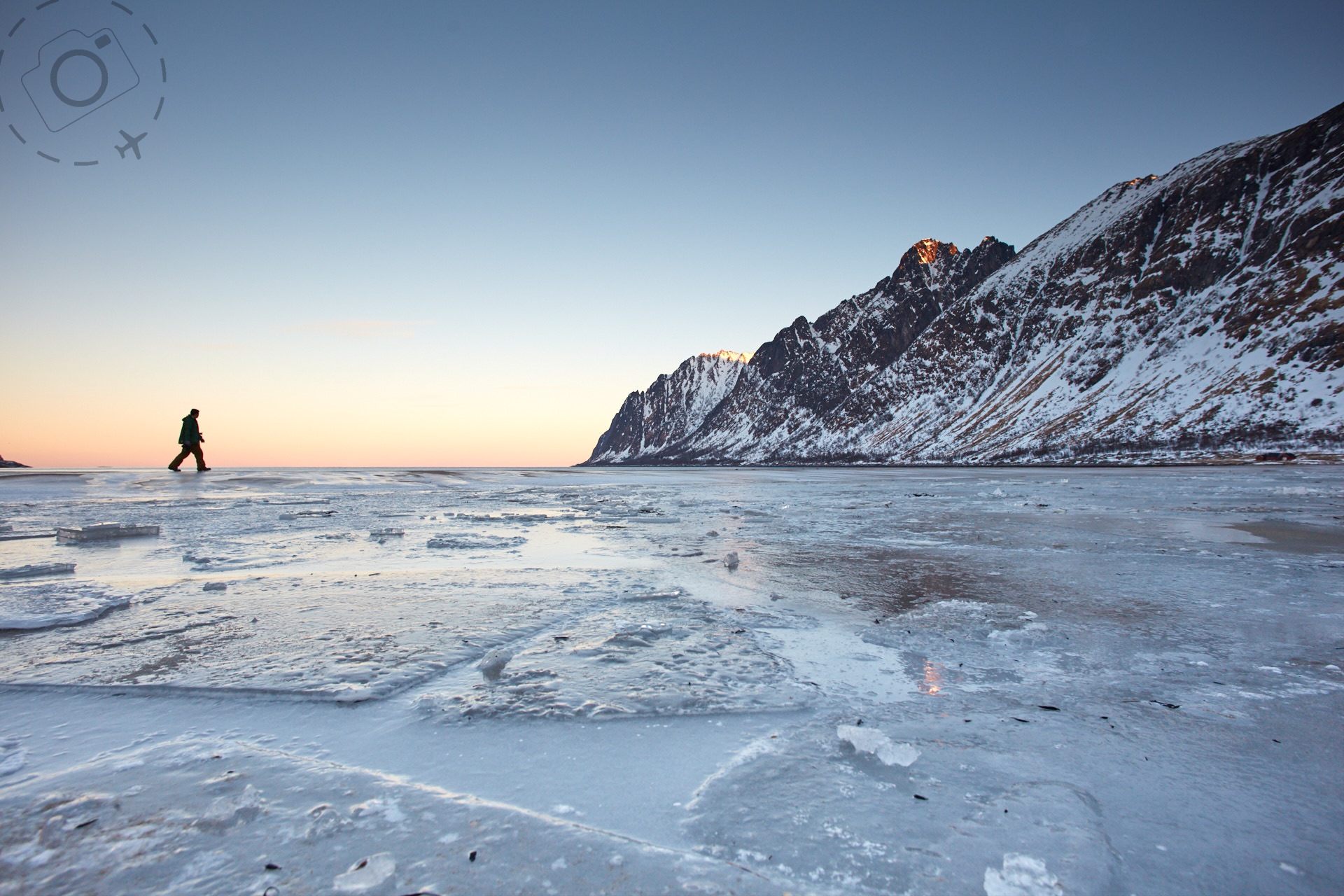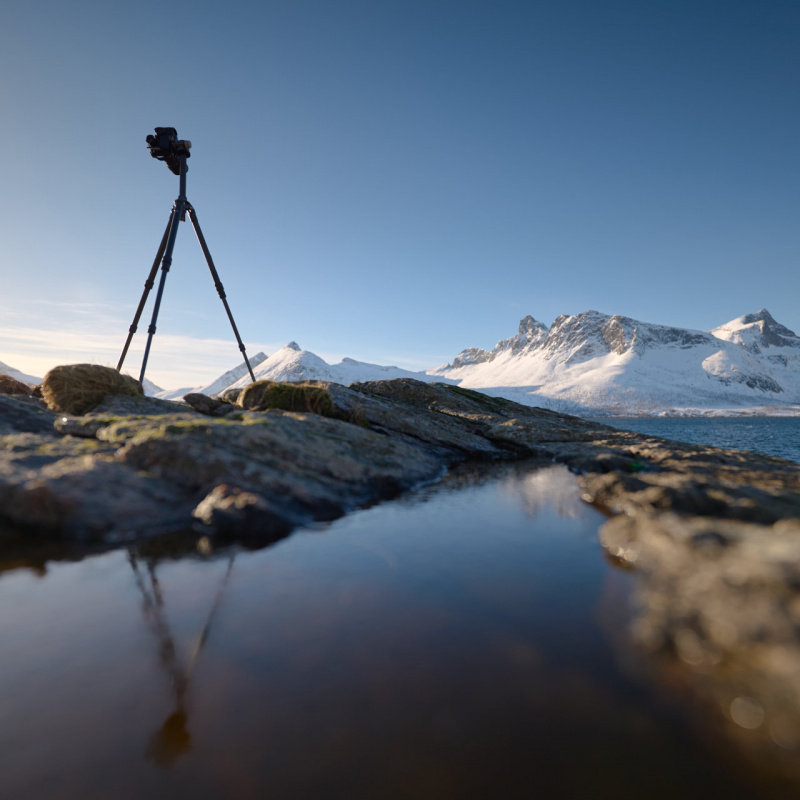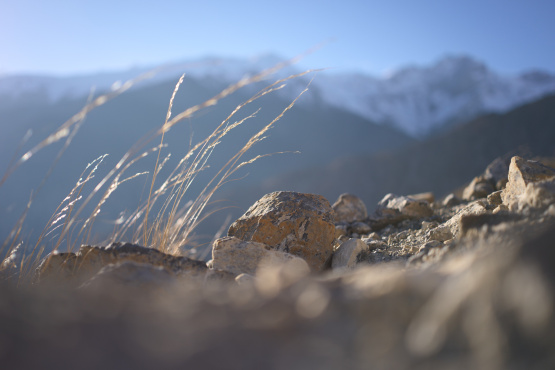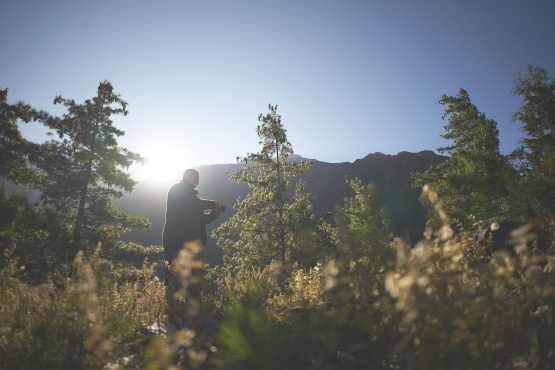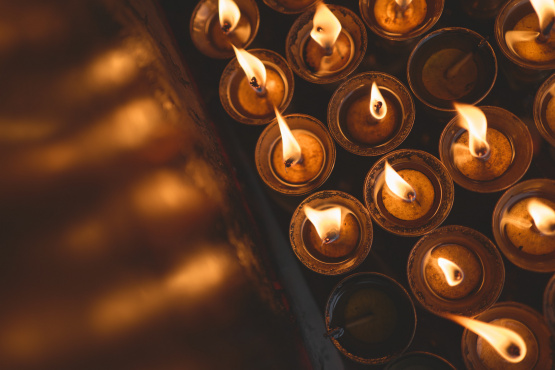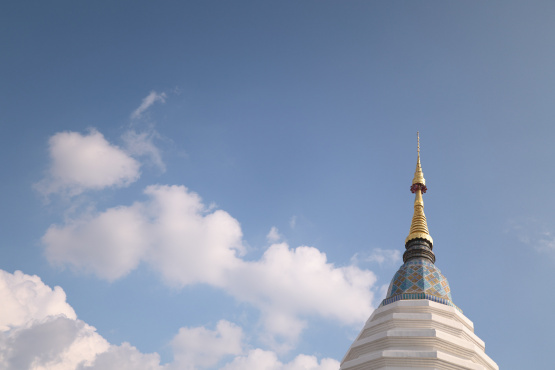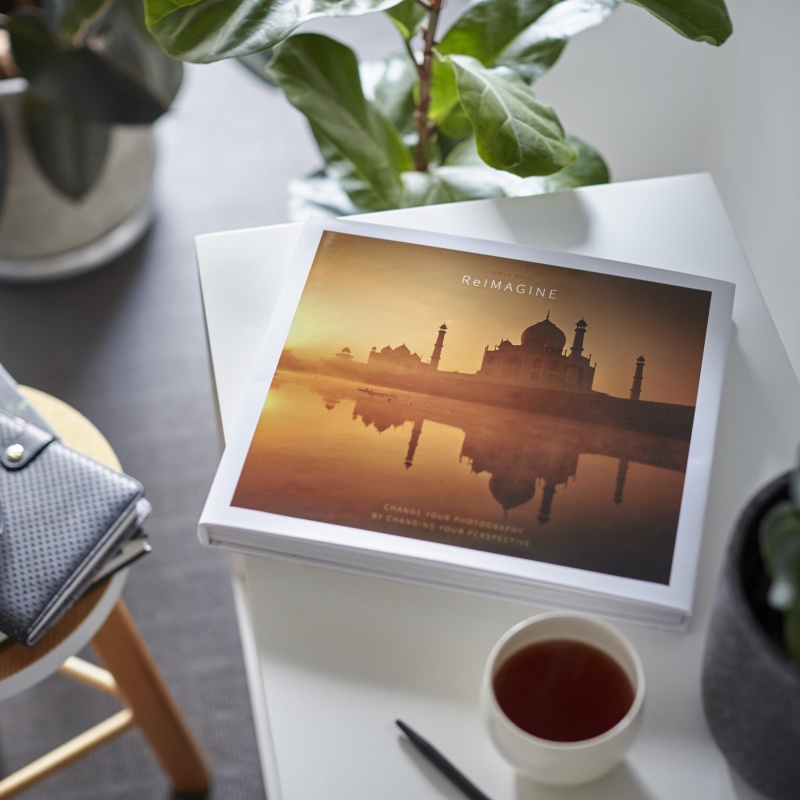It seems innocent enough to spend an afternoon reviewing your photos to enter a competition. You have a few favourites that you like and try to see how one image might best fit the guidelines for the competition. If it's run by your camera club then there's usually a point to the guidelines, a challenge built into it. It's more like a homework assignment than a competition and there are no million dollar prizes at the end of it.
The value of these competitions is their ability to make you think about techniques and aim for a high standard of presentation. Most of us are naturally lazy and we need motivation to be our best, so a camera club and the associated environment to learn is beneficial. Plus you get feedback on the images at the end, which can help with your next submissions.
Sort of. The trouble here is that the definition of good or bad can be very rigid. Most camera clubs are dominated by a few personalities who influence the style and structure in which learning takes place, which for the most part is good until you reach a certain level of ability yourself.
There comes a point when the restrictions of such competitions are actually impeding your expression instead of encouraging it.
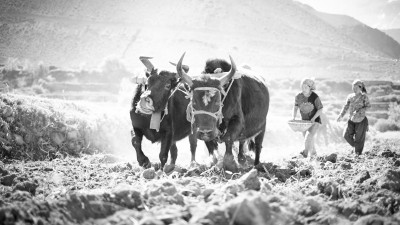
Normal Versus Amazing
I've been a judge on some photography competitions before as well, and I've learned that there's a mathematical pattern behind the scenes which ensures that the most interesting images are unlikely to win. If you have three or more judges on a panel then a strikingly unique image is far less likely to get the points, because the range of views will normalise scores towards something more conventional.
Plus you have to take into account what kind of judges are on the panel and what their knowledge or style leans towards. Winning a competition actually means very little, plenty of great images never win a prize. Depending on the judges on the day it could have been any number of images that won.
That's worth keeping in mind for those many many times when you don't win a competition.
If you want to be rewarded for individual style and unique expression then photography competitions are probably not the way to go. Most of them are not designed to reward being different, and even worse the process of self-assessment that takes place before you enter is crushing your own spirit as you pursue some imagined guidelines or second guess the judges.
Not only does the judging process reward conservative expression, but your own curation of an entry is doing it too. If you are a deeply unique soul who loves to step outside the margins then your desire to enter competitions can be quickly punished with failure, and you'll learn to either play within the rules or stop entering them at all.
As with camera clubs, tour companies or even a fine art focused event, when you enter the competition please ask yourself one question… "Is this helping me to be a better photographer, is this my path towards better photos?"
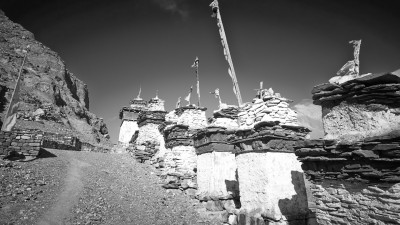
Free Stuff
Sometimes we enter a competition because there's hope we could win free stuff, which makes sense. We have a hard drive full of great images and why not win a new camera for ourselves? I love it when my travellers email me to say they won a prize from a photo on my tour. One girl even went home with a new Leica and a ticket to Africa. She deserved it too, her photos are deeply intimate and engaging.
But most of the free stuff isn't for the photographers, it's for the company running the competition. I used to consult for a travel operator that was too cheap to buy photos for their brochure, so instead they would run a competition each year and include a clause in the entry form that gave them permission to use any photos submitted, whether they won a prize or not.
Most competitions are about marketing however, a way to get the brand out there and shared on social media. Engagement with the entries, public scoring and getting your friends to "like" your photo to improve your chances of winning are all tools to help raise the profile of the brand. Little wonder that the camera manufacturers all pick a major competition each year to back, and the more they spend on prizes and marketing the bigger the returns they want to see.
I like to support competitions that promote a destination instead of a brand or company, a design that encourage people to travel and experience somewhere lovely. If I could design a perfect photography competition it would in fact offer a reward for everyone who entered, and not just for a few, but at least by sharing awareness of lovely places we can all benefit a little.
That's why I don't mind supporting promotions for places like the Northern Territory or King Valley in Victoria, because these are places we can all enjoy if we had the chance and we don't have to buy into a brand to do so.
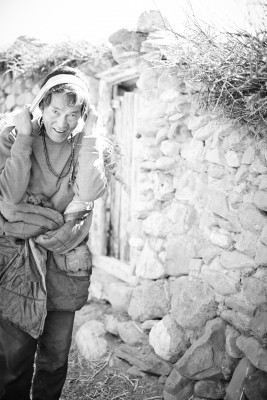
Contest of Will
When is a competition not a competition? Many festival programmes invite photographers to participate in their Fringe event, where you pay a fee to enter and exhibit your work. It's a great opportunity to put your work forward and be seen, and the experience will present every possible challenge on your way to being an artist.
There are often prizes attached to the fringe events, but they are based on reviewing the exhibitions after the fact. Whether you win a prize or not you have had the invaluable experience of executing your own exhibition. Curating your work, dealing with the options for presentation, and learning how preparing your work for display changed the nature of the image are all made real.
Most local councils have very active artists programmes that also encourage exhibition of photography, it's just that most of us pay no attention to the opportunities right around the corner. It's actually rather ironic.
Signing up to exhibit at a festival might seem like a big challenge, or just too time consuming, so perhaps a smaller exhibition is a better place to start. Make yourself a book with an online service (blurb.com) and you have a similar challenge of curation and preparation. The tools will make it easier to build and the page numbers allow you to be less choosy about which images to include, but the principle is similar.
Either way, the important part of these processes is your expression and a chance to step out from the ordinary. Photography is a unique way to see your world and change that perspective, to wear your rose coloured glasses or photoshop out the bits you don't like. We enjoy photography because it feeds our artistic spirit.
So next time you're thinking about a competition, just ask yourself whether it will help you be a better a photographer, or will it just help someone else sell a product?

Keep Reading
Join Ewen's newsletter for monthly updates on new photography articles and tour offers...Subscribe Here

